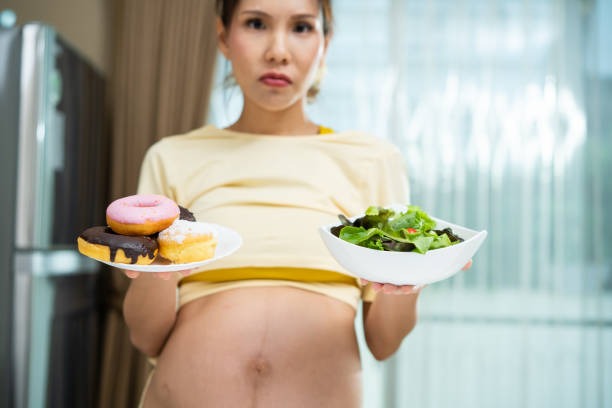If you’re planning to start or grow your family, you’ve probably already asked the question: Does my diet affect my fertility? The short answer is yes—what you eat can play a significant role in your reproductive health. While diet alone isn’t a magic fix for fertility struggles, it’s a key part of the puzzle that can support your overall wellbeing and improve your chances of conception.
In this post, we explore how nutrition impacts fertility for both men and women, which foods to embrace, and which ones to limit on your fertility journey.
How Diet Affects Fertility
Your body needs the right balance of nutrients to regulate hormones, support ovulation and sperm production, and create a healthy environment for conception. Poor nutrition, on the other hand, can lead to hormonal imbalances, inflammation, insulin resistance, or deficiencies that may hinder fertility.
Diet can influence fertility in several ways:
- Hormonal balance: Certain nutrients help regulate the hormones responsible for ovulation and sperm production.
- Egg and sperm quality: Antioxidants and healthy fats protect reproductive cells from damage.
- Weight management: Being significantly over- or underweight can disrupt menstrual cycles and lower fertility.
- Underlying health conditions: Diet plays a role in managing conditions like PCOS, endometriosis, or thyroid issues—all of which can impact fertility.
Key Nutrients That Support Fertility
Here are some essential nutrients known to positively affect fertility:
1. Folate (Vitamin B9)
Folate supports cell division and helps prevent neural tube defects. It also plays a role in ovulation and healthy sperm formation.
Sources: Leafy greens, lentils, chickpeas, asparagus, fortified cereals.
2. Iron
Low iron levels can affect ovulation and reduce the likelihood of conception.
Sources: Lean meats, spinach, beans, tofu, pumpkin seeds.
3. Omega-3 Fatty Acids
Omega-3s support hormone production and improve blood flow to reproductive organs.
Sources: Fatty fish (salmon, mackerel), walnuts, flaxseeds, chia seeds.
4. Zinc
Zinc contributes to egg and sperm development and hormonal balance.
Sources: Shellfish, beef, eggs, legumes, dairy.
5. Antioxidants (Vitamin C, E, Selenium)
Antioxidants combat oxidative stress, which can damage reproductive cells and hinder conception.
Sources: Berries, nuts, seeds, citrus fruits, whole grains.
Foods to Embrace
- Whole, unprocessed foods: Fruits, vegetables, legumes, whole grains, and lean proteins.
- Healthy fats: Avocados, olive oil, nuts, and oily fish.
- Complex carbohydrates: Slow-digesting carbs help stabilise blood sugar, which is especially important for those with PCOS.
- Dairy (if tolerated): Full-fat options may support ovulatory health better than low-fat varieties.
Foods and Habits to Limit
- Processed and sugary foods: Excess sugar can cause insulin resistance and hormone imbalances.
- Trans fats: Found in fried and packaged foods, these may harm egg quality and ovulation.
- Excess caffeine: High caffeine intake (more than 200-300 mg/day) has been linked to reduced fertility in some studies.
- Alcohol: Heavy drinking can affect ovulation and sperm health. Moderation is key.
- Low-nutrient “fad” diets: These can deprive your body of essential vitamins and minerals.
Fertility and Male Nutrition
Fertility isn’t just a women’s issue—men’s diets matter too. A diet high in antioxidants, zinc, selenium, and folate has been shown to improve sperm quality and motility. Men should also reduce processed meats, excessive alcohol, and trans fats, which are linked to lower sperm counts.
What About Supplements?
While a balanced diet is the best foundation, some couples benefit from fertility-specific supplements—especially folic acid, vitamin D, omega-3s, and CoQ10. However, always consult a GP, fertility specialist, or registered dietitian before beginning supplements, as too much of certain nutrients can be harmful.
Your diet isn’t the only factor that affects fertility, but it’s one of the most powerful lifestyle choices you can control. Eating well boosts your chances of conception, supports a healthy pregnancy, and improves your overall wellbeing.
If you’re trying to conceive, consider working with a nutritionist or fertility specialist to personalise a plan that supports your unique needs. Remember, small daily changes can lead to meaningful results over time.



